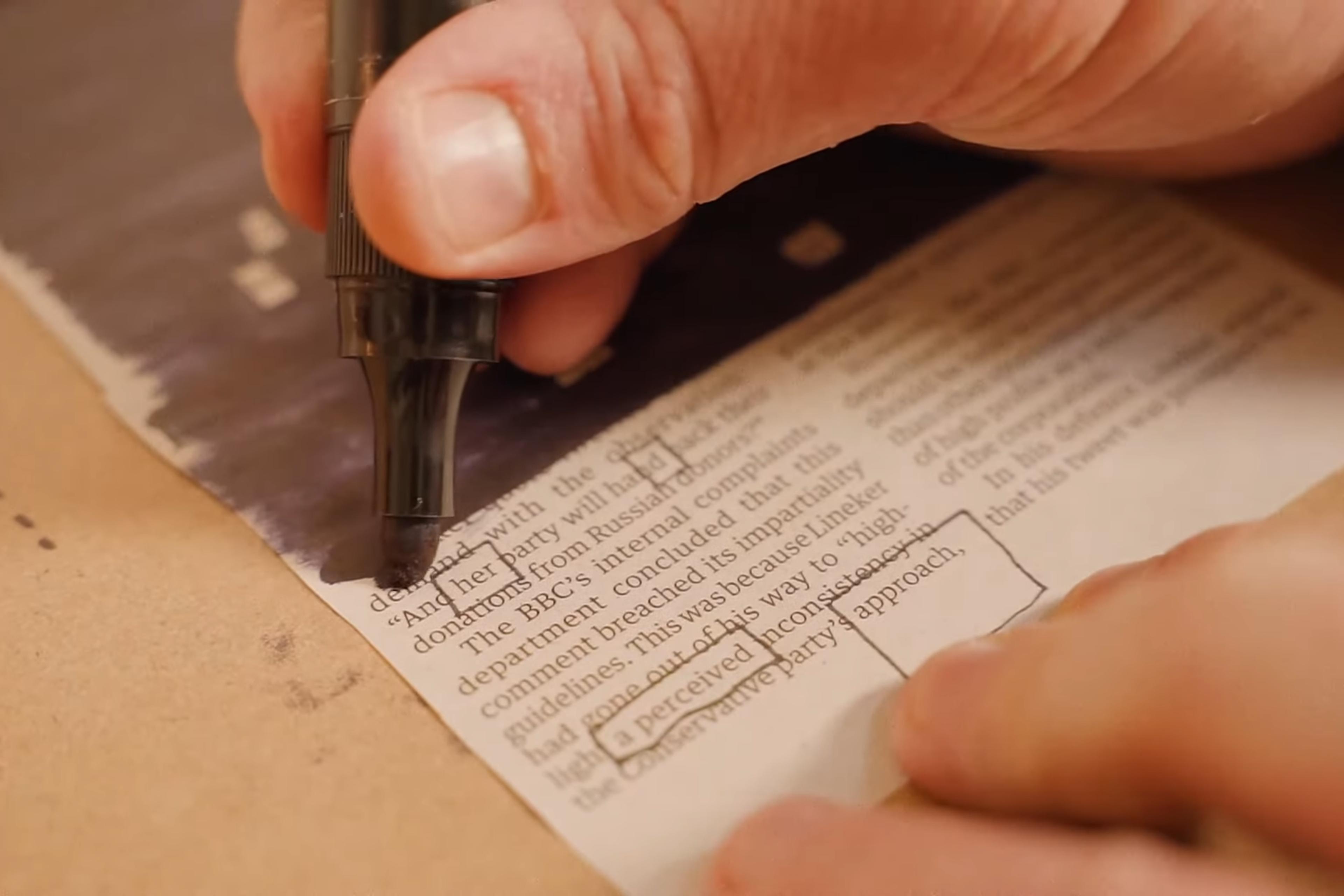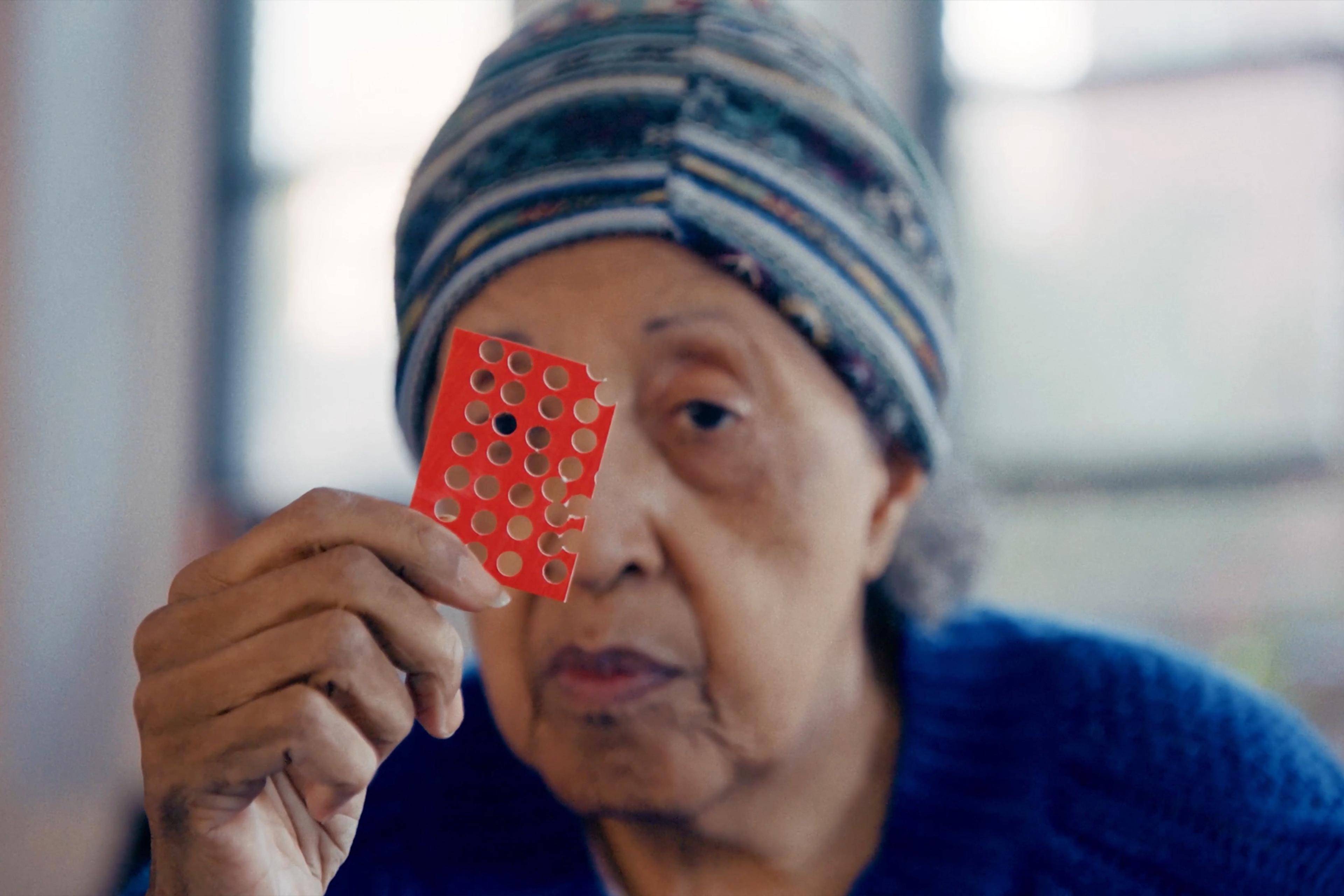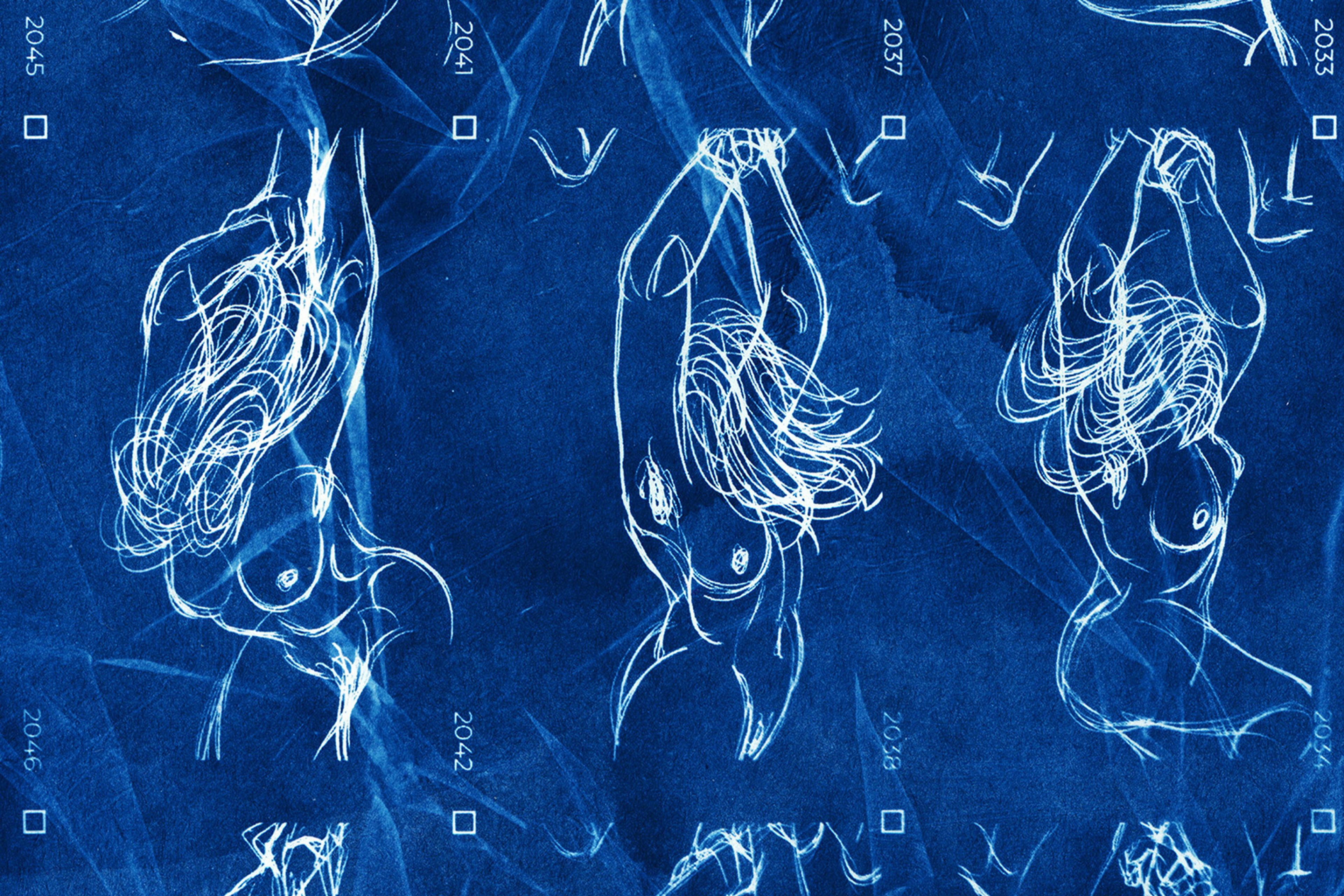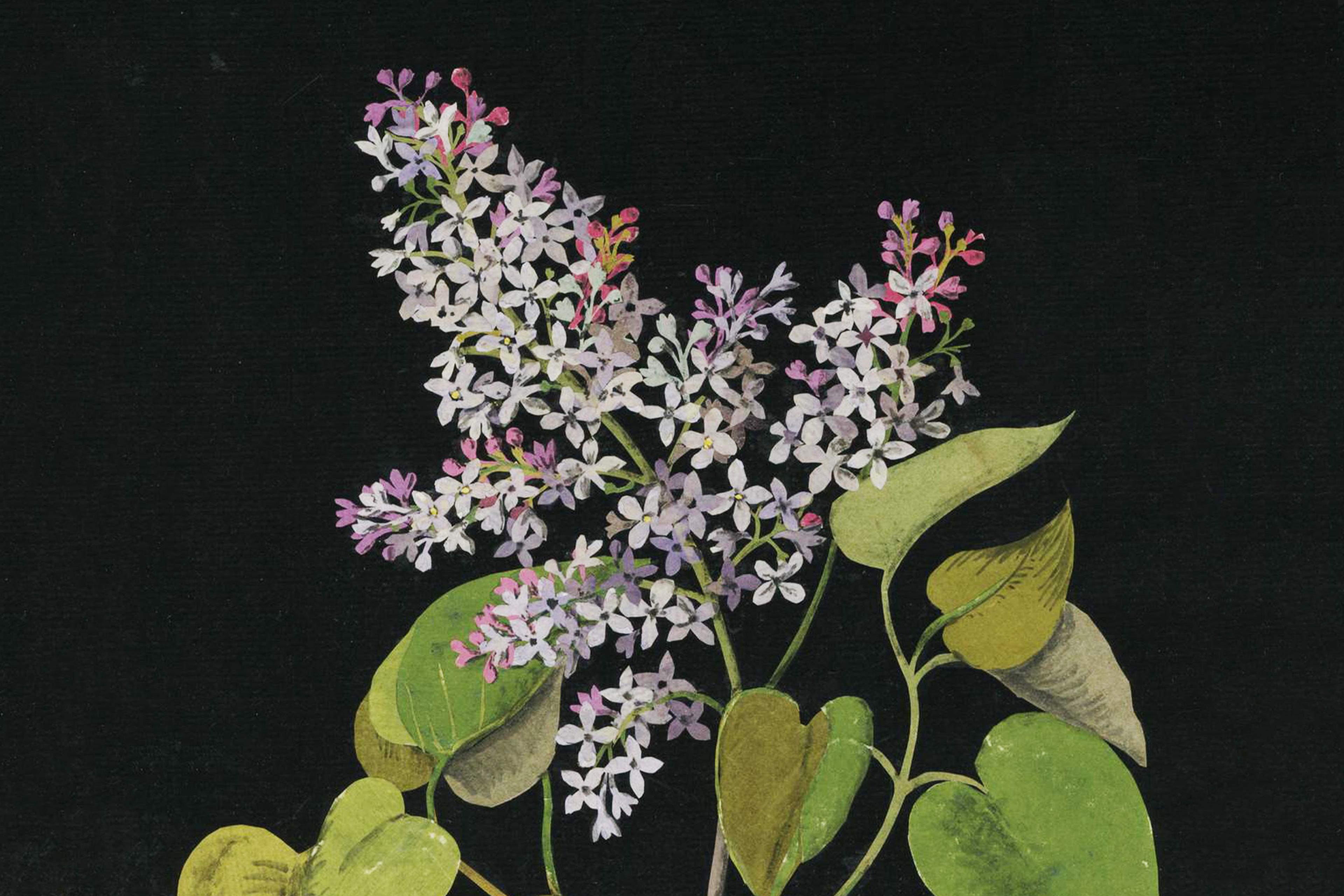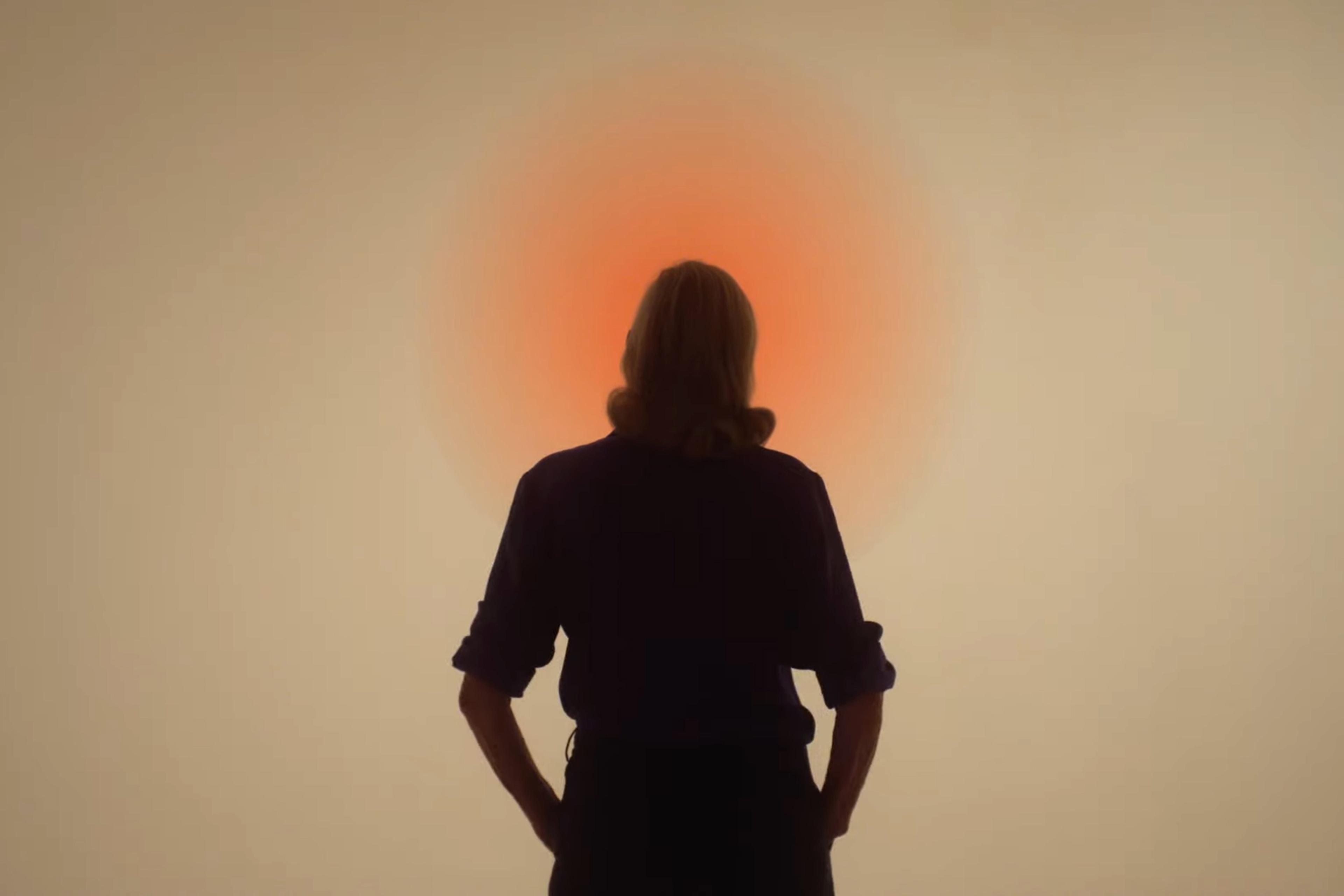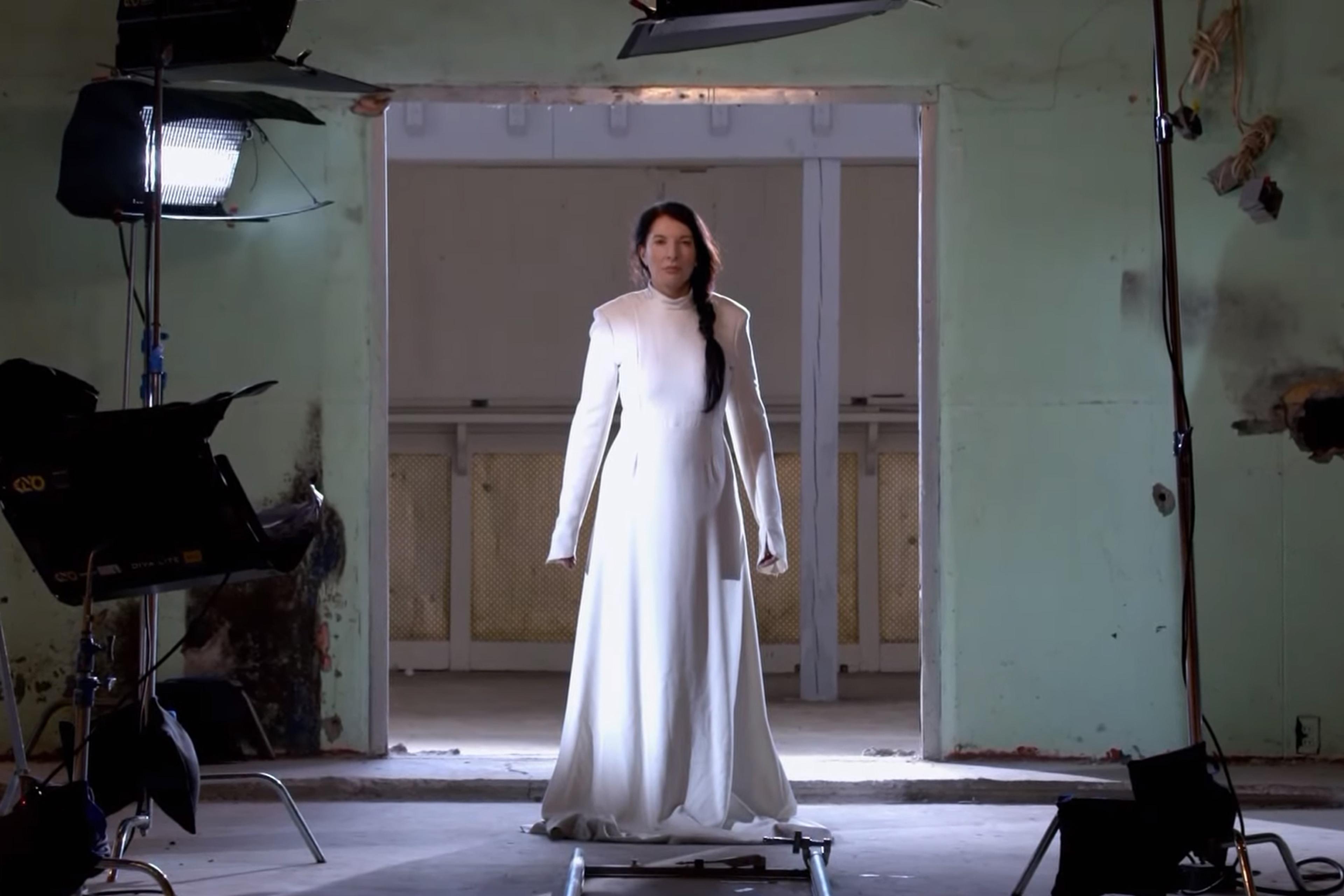It can be dispiriting to discover that a work of art you were drawn to as a young person – perhaps something you loved so much that you absorbed it into your very identity – was essentially a retread of something that came before. Maybe it was learning that Led Zeppelin were cribbing from US blues artists, that all the best Simpsons episodes were homages to classic films, or that Romeo and Juliet were just another remix in a long line of star-crossed lovers. But, getting older, it might just be inevitable to conclude that, as Shakespeare himself wrote, ‘there be nothing new, but that which is hath been before’ – borrowing from the Old Testament, of course.
This sense of rerun aggrievement ignites the US filmmaker Drew Christie’s Allergy to Originality (2012). The animated short begins with a man approaching a movie theatre ticket window to complain about the startling lack of originality on display in the marquee – from The Avengers to Men in Black 3 to a reimagining of Snow White. His small diatribe launches the ticket booth attendant into an exploration of ‘originality’ via words directly lifted from Wikipedia and Mark Twain. Delivering his thesis in a blasé, know-it-all nerd monotone, the attendant works through his thesis that originality in art is ultimately an ill-defined, even meaningless concept. As he makes his case, a series of images underscoring his point – including renderings of ancient cave drawings, a Marcel Duchamp work depicting the Mona Lisa with a mustache, and an Andy Warhol silk-screen portrait of Marilyn Monroe – whizz by.
Christie adds another layer just below the film’s surface to emphasise his own place in the grand artistic treadmill. As he explained in The New York Times in 2012, Christie created the whirl of cultural references flashing by in the film through his own replication process of tracing printed images, and the likenesses of his two characters are based on the Russian filmmakers Andrei Tarkovsky and Sergei Eisenstein. Yet, the combination of Christie’s trademark jerky, hand-drawn animation style and absurdist sense of humour make the film unmistakably his own – and perhaps unlike anything you’ve ever seen before. With its clever, multilayered construction and deeply entertaining dive into the topic at hand, the piece is less an artist’s resigned sigh and more a reminder that, even though we might exist downstream from every possible human experience, it can still be thrilling to share in the grand collaboration of artistic expression.
Written by Adam D’Arpino
